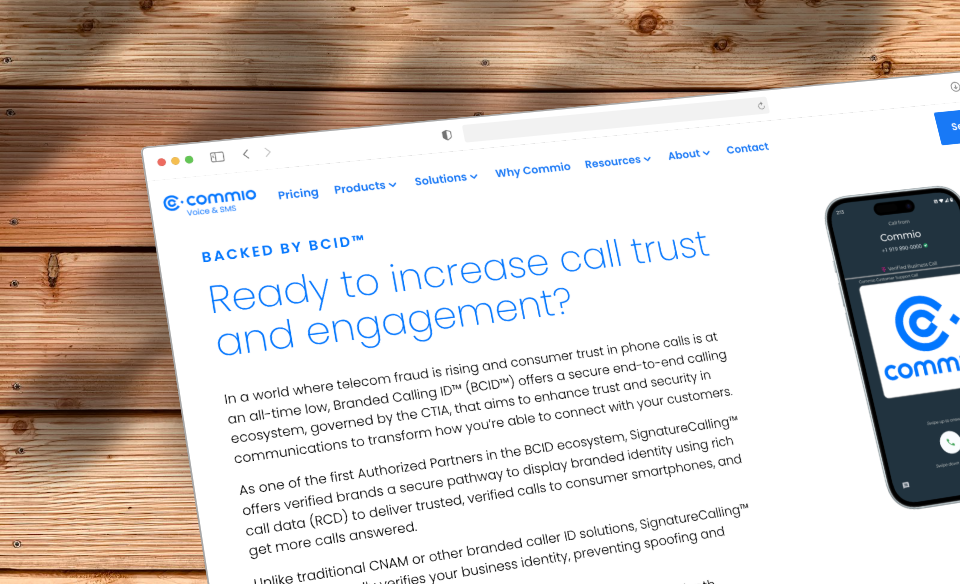Disaster Recovery Shouldn’t Be a Cost of Doing Business
If you’re the CTO of an organization whose business model is heavily reliant on a call or contact center, you know the importance of communication – particularly the ability for customers to reach the right representative (or, conversely, the rep to reach prospects and customers) quickly and easily when they call.
The Problem
Calling, and specifically voice in the cloud, has been around long enough now that companies sometimes focus more on the cool bells and whistles and how they can integrate comms into all their technology, than what would happen if a carrier went down. That said, outages do occur; and when they do, they can quickly cost a center of any size tens of thousands of dollars an hour – or more. In addition to lost revenue, there’s lost productivity, quite possibly lost customers, and long-term damage to the brand.
A good CTO knows that while they probably won’t be remembered for all the bells and whistles they introduced, they will be held accountable for a major outage. In a Commio survey just over a year ago, three of the top four issues keeping the C-suite up at night were outages (55%); call quality (48%); and customer experience (48%). Yet a large percentage of companies have limited (1-2 carriers) or no redundancy, only half have automated failover, less than 40% have real-time support, and more than a third wait days (days!) for a ticket resolution.
The API Advantage
While outages aren’t common, it’s obvious that a lot of businesses would be in serious trouble if – or when – a major carrier goes down.
The good news is that, thanks to the cloud and APIs, you can have both the bells and whistles and reliable coverage quickly, easily, and affordably. Big-name customer engagement platforms like Twilio and Plivo allow you to integrate communication capabilities into almost any application. At the same time, you can choose a voice provider whose primary focus is on ensuring that your calls go through (quickly, crisply, and clearly!), and add reliable, high-quality voice to your customer engagement platform in just minutes.
The Ideal Provider
If disaster recovery is important to your organization, what does one look for in the ideal voice provider? We recommend several features:
- Redundancy, with a Capital R! When it comes to disaster recovery, you really can’t have too many carriers; and if a provider offers multiple options (Commio has 40+!), automated failover is seamless. If the provider is also a carrier, so much the better.
- Transparency and Control – i.e., the ability to track your call, see where the problem occurred, and switch carriers in real time till the issue is resolved. While your provider should also offer excellent, real-time customer service, being able to change carriers on the fly is priceless.
- Intelligent Call Routing (ICR) – Like its cousin Least Cost Routing (LCR), ICR automatically ensures the most cost-effective route. Even better, ICR also looks for the route with the best call quality, avoiding any issues or outages.
Sleep Well…
At the end of the day, there are no guarantees in this life. A natural disaster could knock out a city’s communications across the board. But the vast majority of the time, communications disasters and insomnia are completely avoidable with the right voice provider. Want to learn more? Want to sleep better (or take a stress-free vacation!) while ensuring your calls and your contact center are protected? Contact Commio for a demonstration.
Related Case Studies:
United Urology Group Cuts Calling Costs 75%, Ensures Patient Calls go Through
Numerica Credit Union Cashes in on Better Cloud Voice
Insurance Company Saves 48% on Twilio Costs with thinQ
TrackDrive Adds thinQ to Plivo & Twilio and Saves 60% on Calls
Take the Pain Out of Scaling Twilio Voice & SMS and Save $5,000 a Month















